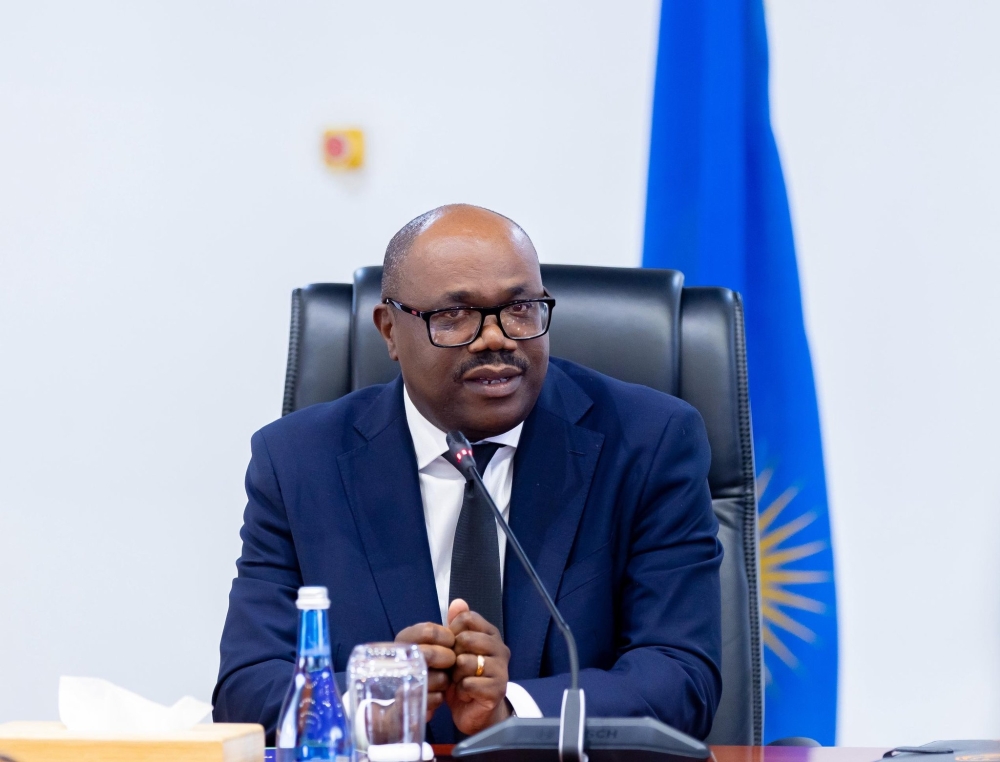Football coaches are privileged and at the same time, a cursed breed of human beings and because of that, they are vulnerable to suffer the cost of the team’s success and or failure to achieve it.


Football coaches are privileged and at the same time, a cursed breed of human beings and because of that, they are vulnerable to suffer the cost of the team’s success and or failure to achieve it.What makes coaching such an unpredictable job is the fact that the buck starts and ends with them, which means they take almost all the credit and blame in equal measures when the team succeeds and or fails.Even in complex situations like one of Amavubi Stars where the powers that be, Ferwafa and the sports ministry believe that changing coaches every the other year will improve the fortunes of the team that have gone dipped since the highlights of 2004 when Rwanda qualified for the African Cup of Nations.Amavubi’s qualification to the CAN finals tournament eight years ago didn’t happen because the country had exceptional players of anything like that, actually, you can’t say that team was the best Rwanda has ever produced, far from it.Nevertheless, in terms of achievement, it remains by far the most successful but which came at a price so big that, up until now, subsequent teams have failed to live up to. The 2004 team set the bar way to high for the country to maintain. Sheer good luck more than anything else helped Amavubi to qualify for its maiden appearance at the continental championship finals tournament on the expense of their more established group opponents Ghana and Uganda—the group had only three teams with the top team qualifying.Against odds, Rwanda got four points off the Uganda Cranes, a draw in Kigali and a shock win in Kampala and three from the star-studded Black Stars. Retired striker Jimmy Gatete scored the two most important goals of his careers, both match winners—one against the Cranes in Nambole and the other against Ghana at Amahoro stadium. Unfortunately, he is the last proper striker to play for the Rwanda national team in the post-1994 Genocide era.Since 2004, so much has been invested to have the team back at the big stage but with little of no success whatsoever—much to the frustration of the fans, who have also become so fickle in their hope for a better performing team.The more the team continues to fail to meet the fans’ high hopes by not replicating the success of eight years ago or even come close, the further they (fans) become disinterested in the team this protesting by not turning up for the international matches.Who is to blame for the team's failure?The management? There is no doubt it is not good enough. Former Ferwafa president Lit. Gen. Ceaser Kayizari, during his reign (1995-2004), which was at a time when most things in the country where being done as short-term measures, did the best he could under the circumstances.On top of putting together a team that looked more representative of UN in terms of payers’ different original nationalities than a single nation’s team, he build the national football academy premises which also houses the football federation headquarters.Although his successor Brig. Gen. Jean Bosco Kazura came in with a different style of management, continued with the same short-term philosophy regarding the national team albeit with little success.But at least under him, Rwanda produced the first ever permanent youth teams which culminated in the U-17 team playing at the finals of the FIFA World Cup in Mexico last year. The team? It’s a known secret that Rwanda lacks naturally gifted players and the few decent ones available are not good enough to challenge competitively against the best on the continent.In the last seven years or so, a time in which Ferwafa and the sports ministry have hired and fired six permanent coaches, the players have showed little unity and never seemed to understand each other on the pitch because of the little time to get to know and play together. This has been a constant problem and all the powers that be have done is to keep changing the coach and doing nothing about the main cause of the team’s failuresIs it the fault of the coaches?It's clear that too much dependence on foreign coaches, who in reality have limited resources to pick from and are not given enough time to exercise full power on the team, has rendered the team incapable of sustaining the high standards set in 2004.The fans don’t help matter whatsoever when agitate for the sacking of coaches whenever the team is not doing well, and they forget the players also need a kick in the backside to take them out of their comfort zones.The current generation of players can do the job but if only the team plays with little of no pressure of trying to satisfy the fans’ needless inflated expectations—achieving success takes time and a painful process that needs patience, a virtue that Amavubi fans don’t seem to have.




